Want to add a lot of LEDs to your Arduino project? HUB75 RGB panels are a great way to do this as they are much cheaper than addressable Neopixel/WS2812 LEDs (typically 10% the cost per LED). They are also available in a range of pixel densities (from 2 mm to 10 mm pitch) to better fit the needs of your project. However, it’s complicated to use a microcontroller to display high-quality graphics on a HUB75 panel, as the panels require precise timing and constant refreshing with pixel data. That’s where the SmartLED Shield for Teensy 4 comes in.
SmartLED Shield enables the Teensy 4 to drive high-quality graphics to HUB75 RGB LED panels, with 36-bit color and 240 Hz refresh rate across large panels (e.g. 128x64 pixels). A Teensy 4.0 or Teensy 4.1 with pins fits into the socket on the shield, and the shield can attach directly to the HUB75 panel or through a ribbon cable. The SmartMatrix library for Arduino makes it easy to draw basic graphics, create scrolling and static text, draw beautiful patterns using FastLED, and play animated GIFs on the panel. Example code is provided so you can get started as quickly as possible. The Shield and library use special features and peripherals of the Teensy 4 processor to send graphics data to your display with minimal CPU usage, so you can use the processor to do other tasks in parallel such as SPI communication, file decoding, or complex rendering.
Using SmartLED Shield with SmartMatrix library and the Teensy 4 is the easiest way to drive high-quality and high pixel count graphics to RGB LED panels with a microcontroller. Use a simple API to tell the library what to draw on the screen, and the library takes care of refreshing in the background. Advanced features like these are enabled automatically:
The shield is easy to assemble and connect to a panel, and there’s no soldering required beyond adding pins to the Teensy. The Teensy is removable, so you can swap between the 4.0 and 4.1 if you want. All long edge Teensy signals are brought out to expansion rows for easy prototyping.
It’s easy to get started with the included examples, which give a good idea of the SmartMatrix library and SmartLED Shield’s capabilities.
Use the FastLED library to draw beautiful patterns to the SmartMatrix library’s pixel buffers, and they get refreshed on the panel in the background. Take advantage of the SmartMatrix library’s color correction and brightness control features which are applied automatically while maintaining color depth, so your patterns look great. See the FastLED_Functions example.
Both retro pixelated graphics and full motion video look good displayed on a LED matrix. Use the Teensy 4.1’s built-in micro SD Card slot to store GIF files for playback using the AnimatedGIFs example.
Draw basic shapes, text, bitmaps, etc. to the display, with the FeatureDemo and Bitmaps examples.
You can display scrolling or static text on layers in front of the background, making adding information in front of nice looking graphics easy to code. See the FeatureDemo and MatrixClock examples.
HUB75 RGB panels are typically used for LED billboards (e.g. Times Square), making them cost-effective and readily available. They’re much cheaper per-pixel than addressable LEDs, and available in a wide range of pixel pitch (as of now, 2 mm spacing up to 10 mm spacing per LED). They do require an external controller to continually send data to the panels to refresh them line by line, and that’s where the SmartLED Shield and SmartMatrix library come in. Adafruit, Sparkfun, and other distributors carry panels that are known to be compatible with SmartLED Shield and the SmartMatrix library, but most panels on AliExpress and other sources are compatible as well.
Note: HUB75 panels have a separate power connector and require an appropriate 5 volt power supply. The SmartLED Shield does not provide power to the panel, only data signals.
The pixel pitch and "RGB" are good search terms on Aliexpress, e.g. "P6 RGB" for a 6 mm pitch RGB HUB75 panel.
Teensys are small, well-featured, low-cost microcontroller boards designed by PJRC. Best of all, the boards have excellent development support and a large community. They’re the perfect solution to build an LED board around.
SmartLED Shield works with two variants of Teensy 4, the 4.0 and 4.1, with the 4.1 being the higher-powered option. Teensy units are available for purchase along with shields during the campaign. Please note that SmartLED Shield kits come with headers required to mate your Teensy to the board, but if you buy a Teensy through the campaign, you will need to solder the Teensy headers yourself. Units with pre-soldered headers can be found on Sparkfun.
As stated on the PJRC website, these are the main differences between the two units:
| Feature | Teensy 4.1 | Teensy 4.0 |
|---|---|---|
| Ethernet | 10 / 100 Mbit DP83825 PHY(6 pins) | -none- |
| USB Host | 5 Pins with power management | 2 SMT Pads |
| SDIO (4 bit data) | Micro SD Socket | 8 SMT Pads |
| PWM Pins | 35 | 31 |
| Analog Inputs | 18 | 14 |
| Serial Ports | 8 | 7 |
| Flash Memory | 8 Mbyte | 2 Mbyte |
| QSPI Memory | 2 chips Plus Program Memory | Program memory only |
| Breadboard Friendly I/O | 42 | 24 |
| Bottom SMT Pad Signals | 7 | 16 |
| SD Card Signals | 6 | 0 |
| Total I/O Pins | 55 | 40 |
There are still plenty of pins on the Teensy 4 left over for other uses after driving a HUB75 panel. The shield provides jumper configurations that provide even more flexibility. To use hardware SPI, we recommend Teensy 4.1 which has a convenient alternate SPI port. The pins for APA102 driving are free for other uses if not driving APA102 LEDs - they aren’t needed for HUB75 driving.
The SmartLED Shield hardware and the SmartMatrix library are released as open source. The Teensy 3 Shields and library received a lot of feedback and code contributions from the community over the years because they are open source. With the release of the more powerful Teensy 4, SmartMatrix Community member Eric Eason wrote his own code to drive LED panels with high-quality graphics from the Teensy 4, then integrated his code into SmartMatrix library. SmartLED Shield for Teensy 4 is a collaboration between Pixelmatix and Eric Eason.
Produced by Pixelmatix in Cambridge, England.
Sold and shipped by Crowd Supply.
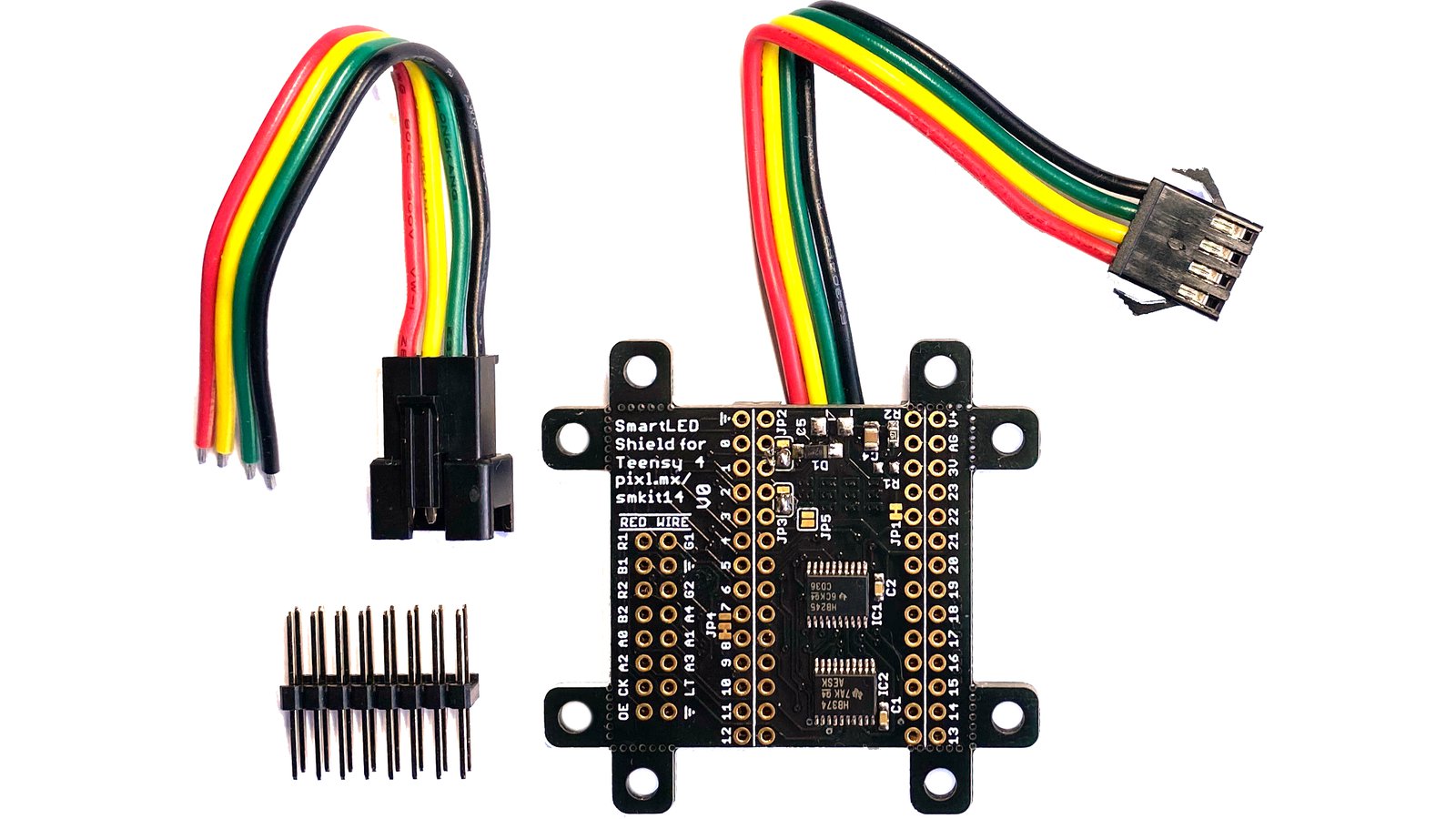
Includes: assembled SmartLED Shield for Teensy 4 (1), 2x8 headers for expansion pinouts (1), 28 headers for Teensy connection (1), and 4-pin JST-SM male cable (1).
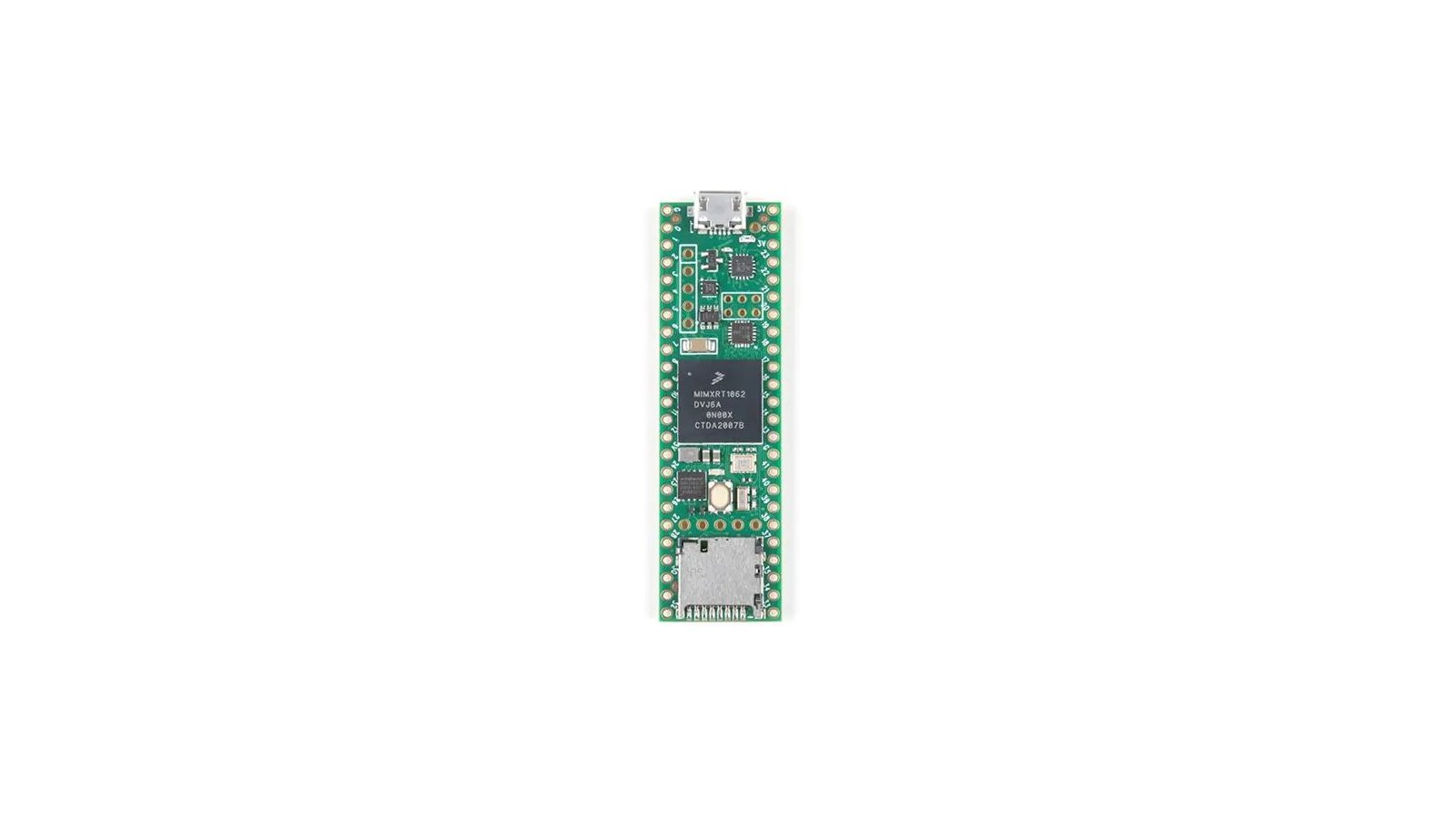
From the Teensy 4 project.
Teensy 4.1 DEV-16771 is a development board that features an ARM® Cortex®-M7 processor at 600MHz
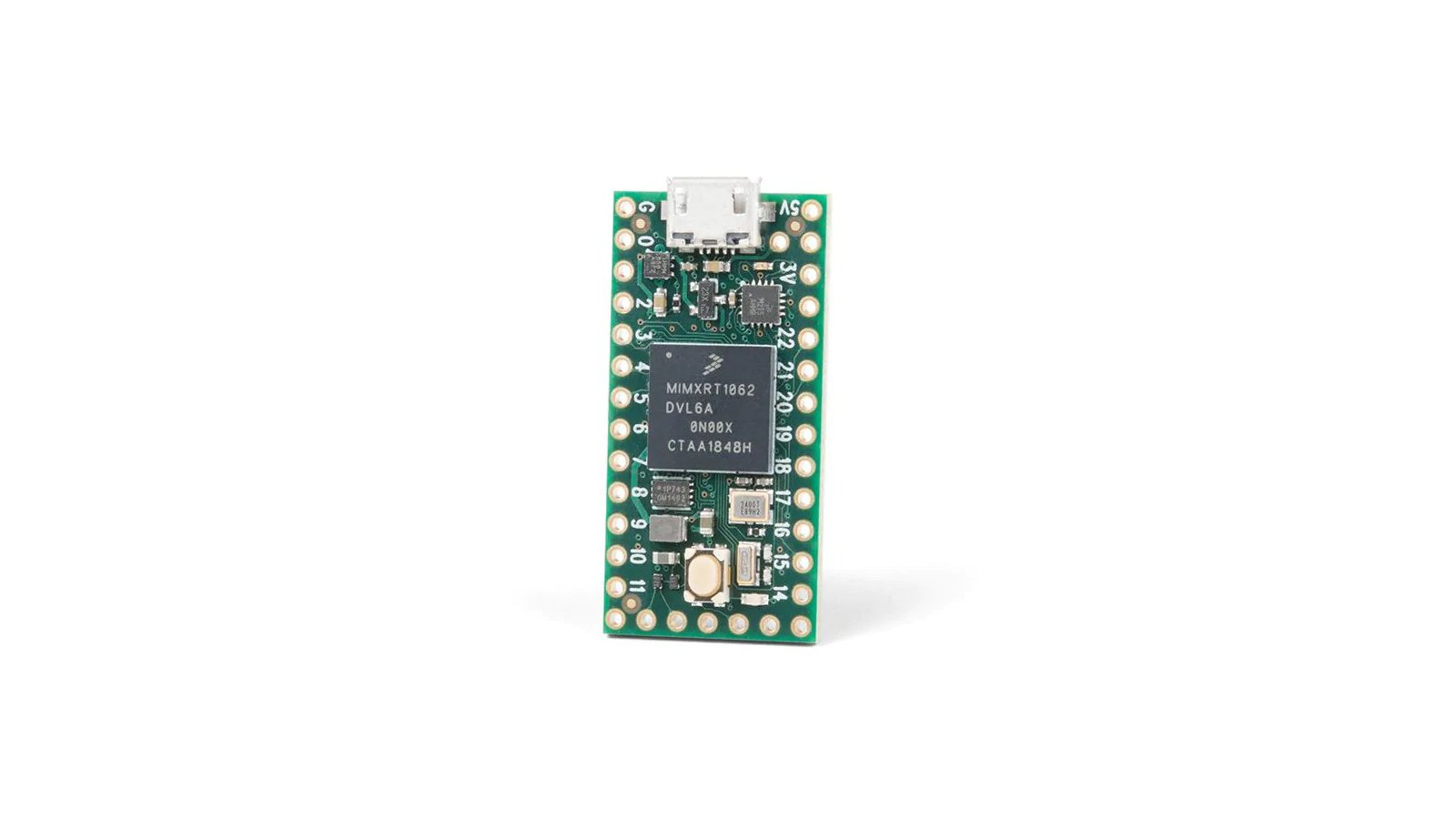
From the Teensy 4 project.
Teensy 4.0 Development Board is designed for evaluation of NXP iMXRT1062 chip and features an Arm® Cortex®-M7 processor.
Cambridge, England · docs.pixelmatix.com
Pixelmatix makes powerful and user friendly tools to drive LEDs. The SmartMatrix/SmartLED Shield and SmartMatrix Library have been used for thousands of projects since their release in 2014. We believe in the open source community and all our products are Open Source Hardware.
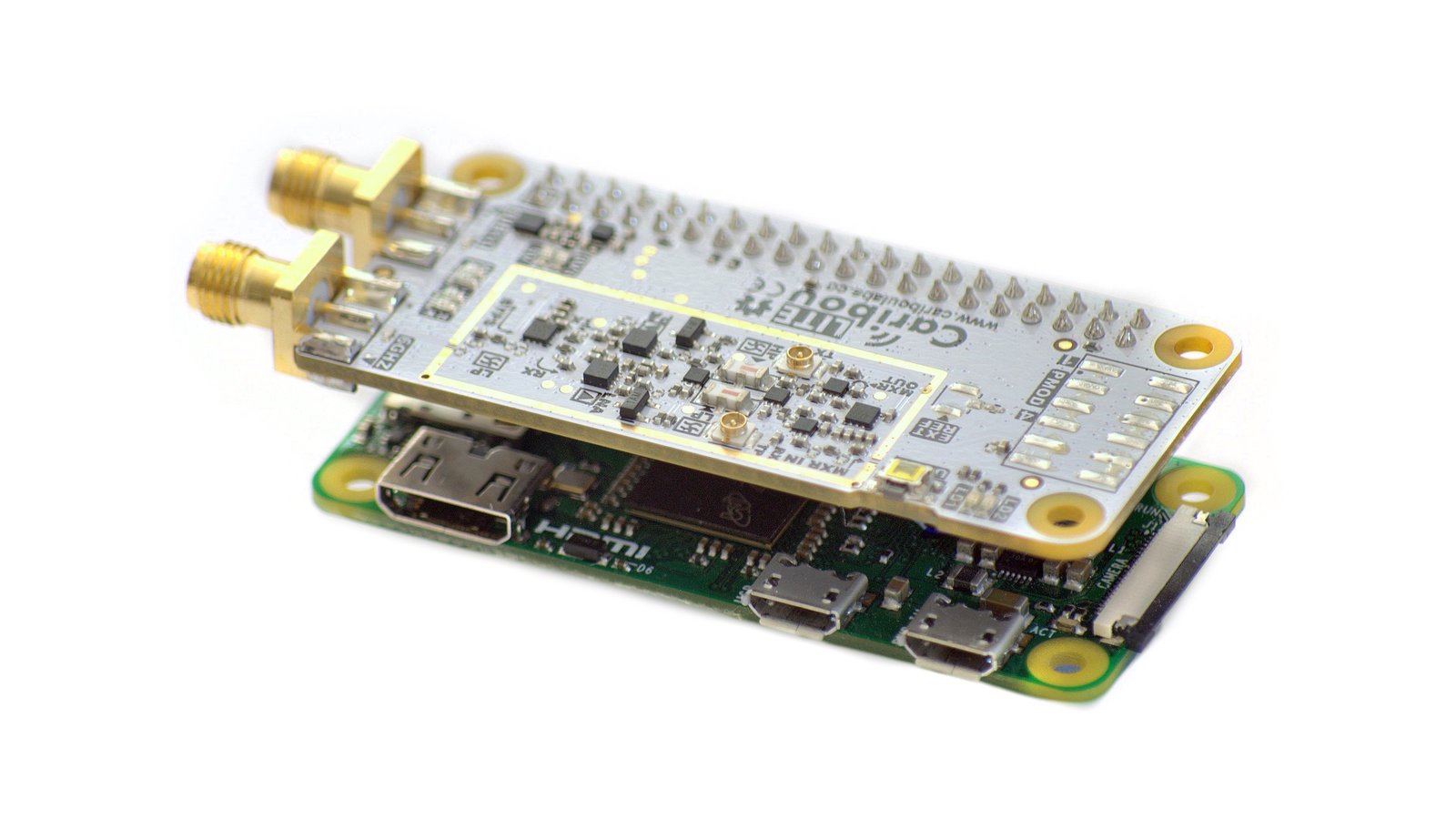
A fully open source dual-channel SDR Raspberry Pi HAT with a tuning range up to 6 GHz
An open-source, manual pick-and-place machine for PCB artisans
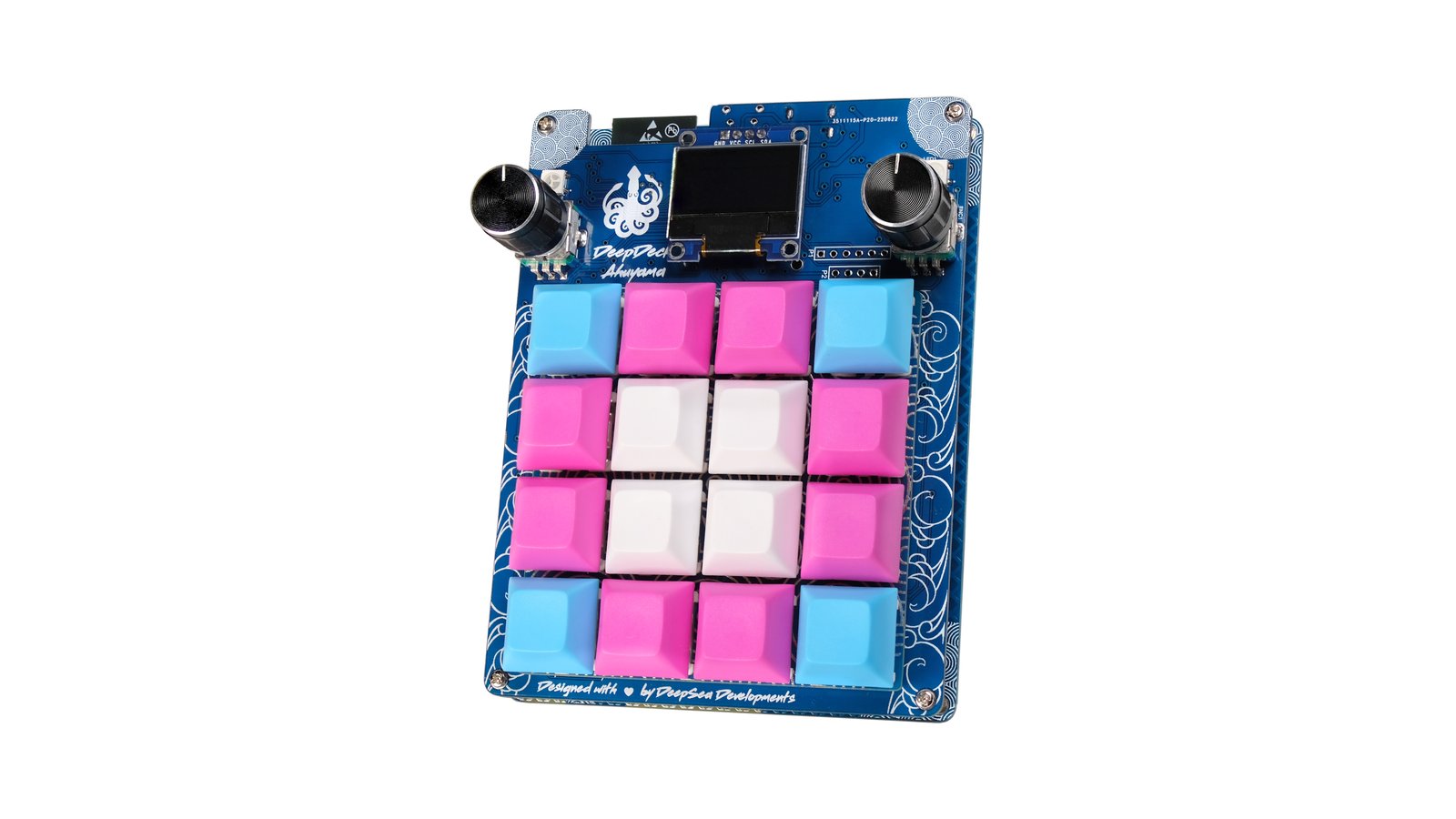
Wireless, fully programmable, open source, ESP32 macropad featuring 16 RGB, mechanical, hot-swappable keys and two RGB rotary encoders